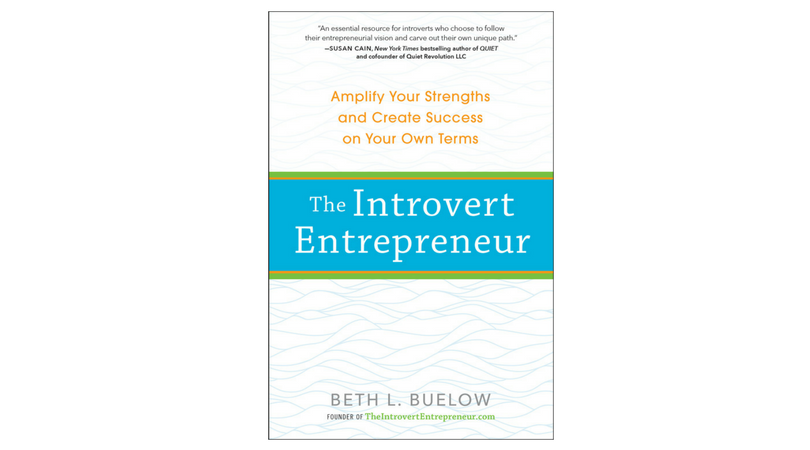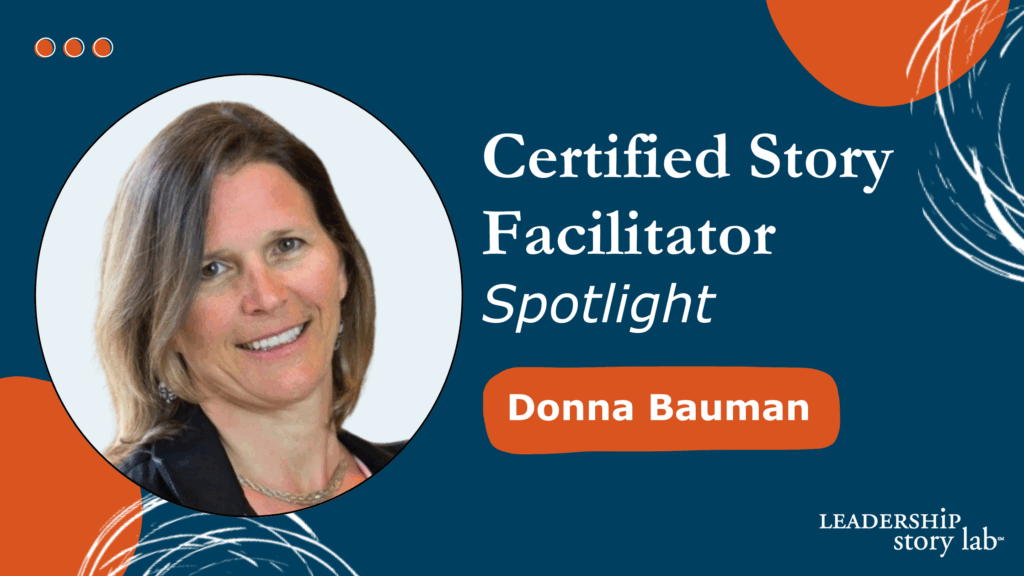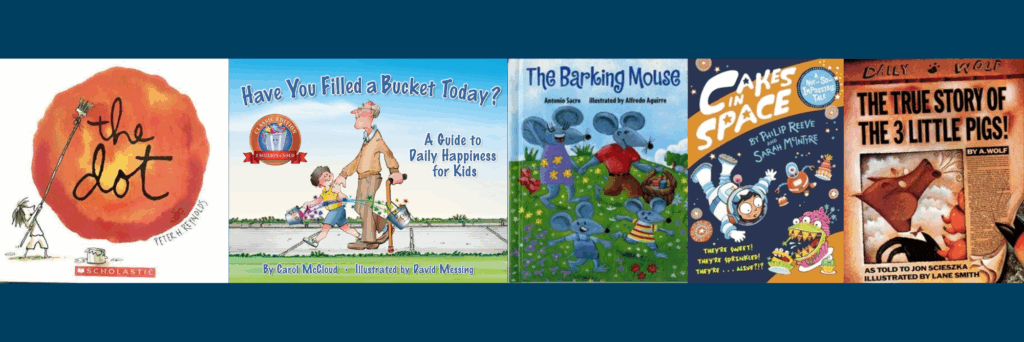April 19, 2018 / Esther Choy

Judy Garland once said, “Always be a first rate version of yourself, and not a second rate version of someone else.” It’s good advice. But for introverts, it can be tough to follow.
Every day, we have to perform tasks that seem like they were tailor-made for extroverts. We have to go to networking events. We have to spend three days or even a week in a sea of unfamiliar faces at a big conference. We have to give presentations to rooms full of important strangers. Isn’t it better just to pretend not to be an introvert at all? To be the second rate version of some extrovert instead?
Beth Buelow’s wise book The Introvert Entrepreneur answers this question with a resounding “NO!” It’s a book all about how introverts can be true to themselves and perform all the tasks involved in launching and sustaining a successful business.
Is it easy to remain true to our solitude-hungry selves while also running a flourishing business? Of course not! And The Introvert Entrepreneur doesn’t make it sound like magic. What does it do instead? Well, like the best thought-provoking conversations, the book often makes the reader pause for some deep self-reflection.
That shouldn’t be too surprising since Beth Buelow is a certified coach. She has a thoughtful, calming presence that puts people at ease and gets their ideas going. (I experienced this first-hand when I spoke with her in July 2017 on her podcast!)
So how does the conversation play out in the pages of The Introvert Entrepreneur? It begins by getting us to evaluate who we are as introverts. In the entrepreneur’s world— where the rules are largely written by extroverts— introverts need to first know who they are and how they recharge energy.
Once you understand your identity, you can make your business an extension of who you are and what you care about, says Buelow. Being the first-rate version of yourself comes from identifying your values and continually reminding yourself of them. Look at each aspect of your business, Buelow advises, and make sure it’s truly aligned with your values. Then you will be able to do things you never thought possible— in ways that feel natural.
Being natural and authentic is one of The Introvert Entrepreneur’s main messages. You know the “fake it till you make it” mentality? Buelow is not a fan. Nor does she think we should give ourselves a pep talk to “just be fearless!” What should introverts do instead? They should face their fears, sharing them with an inner circle of people who will not judge. Time and time again, Buelow urges her fellow introverts to be honest, yet challenge their assumptions about themselves and the limits of their capabilities.
Throughout the book, challenging those limits is a very practical undertaking. Chapter by chapter, Buelow tackles all the stuff that can make introverts’ stomachs swim. What should an introvert do about the everyday hurdles of networking, sales and public speaking? And how ‘bout the less frequent (but no less daunting) tasks of choosing business partners and expanding the team? With warmth, insight and common sense, Buelow coaches her readers to embrace each of these difficult opportunities.
In offering practical advice, the thread of authenticity weaves through. When it comes to networking, Buelow asks readers to think about: Who am I showing up as? Who am I, really? What attracts clients to me? Focus on what you have to offer versus what you’re going to get out of it, she urges.
When it comes to sales, Buelow encourages introverts to embrace new roles. First, we can embrace the role of “conduit for the message.” This keeps us from thinking that we are our business. That way, we can refuse to believe that anyone who rejects our message is really rejecting us. Second, when promoting our business, we can embrace the role of “teacher,” so that instead of selling, we’re helping others learn about our business.
As I absorbed Buelow’s words, I found it easy to relate. I’m an introvert myself. At parties I tend to be the one standing in a corner, waiting for other people to talk to me.
At the same time, when I was an admissions officer at Chicago Booth, my colleagues would sometimes tease me and call me the “Networking Machine.” This wasn’t at all an exaggeration. Whenever we had events on campus for prospective and admitted students, I was everywhere— shaking hands, welcoming people, chitchatting with guests and giving presentations.
Why did I behave so differently at work versus on my own time? I had a purpose at work. I knew my role. When we had events (especially the large scale ones), our collective job was to create a warm, welcoming and informative environment— so much so that our brand would be strengthened and students would choose us. I knew what needed to do to support this overarching goal.
On the other hand, when I was on my own, in my own personal social environment where I didn’t know many people, I didn’t have a role anymore. I had no reason to talk to strangers.
If introverts know their purpose in any setting, they will be able to shine and thrive. Beth Buelow’s book helps new and established introvert entrepreneurs understand both who they are and how to embrace the roles that are part and parcel to becoming an entrepreneur.
If you are an introvert entrepreneur—or mentoring someone who is—I highly recommend adding The Introvert Entrepreneur to your reading list. It’ll be one of the best conversations you’ve ever had.
Related Articles
Why Introverts Are Secretly Storytelling Superheroes
Contact Leadership Story Lab for business storytelling training and coaching! Leadership Story Lab trains and coaches managers in storytelling techniques to help them become more engaging and persuasive communicators. Whether you would like to stand out in the interview process, add punch to a presentation, or make a compelling case for a new initiative, we can help. Schedule a complimentary session with us today!
Esther’s new book, Let the Story Do the Work (published by HarperCollins), is now available!
Better Every Story
Leadership Transformation through Storytelling
"This is an amazing and insightful post! I hadn’t thought of that so you broadened my perspective. I always appreciate your insight!" - Dan B.
Get Esther Choy’s insights, best practices and examples of great storytelling to your inbox each month.


